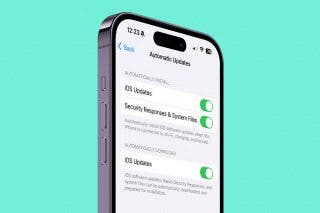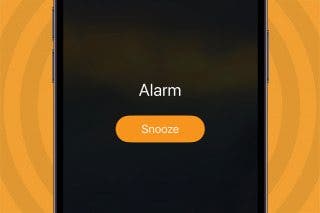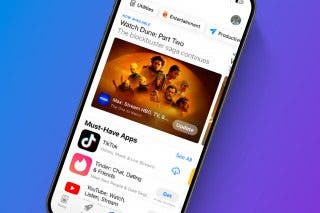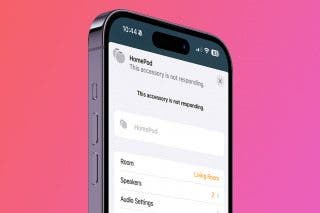How My Kids Inspired Me to Change My Phone Habits


Do you remember when the first smartphone came out? It was only a little more than a decade ago. A couple years later, my husband told me he wanted to upgrade from his old-school flip phone to an iPhone 4. Let me tell you, I was not on board. I remember complaining that he would be on it all the time—just like all our friends who had already converted. Fast forward to today, and I myself am the proud user of an iPhone X and am sad to say that my behaviors are probably worse than those of my friends all those years ago. It took me a while to realize I had a problem.
I felt like my phone and social media use was average and didn’t require much change, although I would get the occasional twinge of guilt after mindlessly scrolling through Instagram while my kids were trying to get my attention. I thought this was just a new normal for parents. But then I stumbled upon A Friendly Affair, a blog by licensed clinical psychologist Dr. Katie Penry. As a specialist in women and infant mental health and a mother of two young children, Dr. Penry really gets the whole parenthood thing.
Related: 8 Tips for Raising Healthy Kids in the Age of Screens
“Parents today are incredibly worried about media overuse and addiction in children. Meanwhile, there is almost nothing said about parent’s media use and addiction!” said Dr. Penry. “We need to be asking what these fears say about our own dependencies and habits! We are the pioneering generation.” That was the turning point for me. I knew that I couldn’t be a positive role model for my kids when it came to smartphones if I hadn’t mastered them for myself. As the pioneering generation, we are presented with the challenge of teaching our children things we didn’t grow up learning. Apple realizes we have a problem too. With Apple’s iOS 12 software update, we got a new Screen Time feature on our iPhones and iPads designed to help us manage our technology addictions. What’s more, in the American Academy of Pediatrics latest media recommendations release, academy fellow Jenny Radesky said, “What’s most important is that parents be their child’s “media mentor.” That means teaching them how to use it as a tool to create, connect, and learn.”
This sounds great, but you (as I did) might still be asking if changing your personal habits is really worth the sacrifice. According to the Centers for Disease Control and Prevention, positive verbal and non-verbal interaction with parents is extremely important for the brain development of children, especially in the first eight years of their lives. So, essentially, looking up is one of the biggest investments in your child’s brain growth that you can make. That’s crazy! I wanted to know more. I wanted to be better, for myself and for my family.
This led me back to Dr. Penry’s blog where I found The Look Up Challenge, a free seven-day program I could do at home in under 10 minutes a day, which was perfect for my busy and limited personal time (a.k.a. parenting). At first, I was worried I’d have to give up all the things I love about my phone. I mean, have you ever experienced Snapchat filters? They’re pretty wonderful. I have since learned that it’s not only OK to enjoy our smartphones, it’s crucial, since we literally live in a world where we need them. I use my phone to work, get time-sensitive emails, and stay in contact with family.
Lessons Learned from the Look Up Challenge
Here are my biggest takeaways from The Look Up Challenge that I hope will help you use media with intention, whether to benefit your own life or to better connect with your kids.
Don’t Worry About Time Limitations
I learned that setting firm time limits when we are supposed to be away from our device often set me up for failure. Dr. Penry helped me see that active presence when I’m with my children matters more than minutes and hours. Instead of time limits, you can give yourself a different type of boundary, like tech-free spaces where you will not use your phone. For example, I will not be on my iPhone while playing with my kids, breast and bottle feeding, reading, crafting or imagining with kids, on special family outings, during meals, and during the 30 minutes prior to my kids’ bedtime. This simple step is so important, the American Academy of Pediatrics has added it to its recommendations for all families.
Be Transparent About Your Media Use
Because of the Look Up Challenge, I now simply tell my children what I’m doing when I’m looking at your phone. This way I’m conveying to them that I’m not choosing my phone over them or ignoring them. This one has been great for my kids, because they feel like they are a part of my daily interactions, and they understand why I am on my phone. I just let them know when I need to text daddy, check my email, look up a recipe, make an important phone call, pay a bill, etc. This really limited my passive phone use around my kids while making them feel more included in my life.
Customize Your Phone Notifications to Your Advantage
I’ve discovered phone settings that help me to be present at important times of the day, such as turning off notifications, removing previews, and disabling sounds for apps. I’ve found this to be really effective, as long as you make sure you customize your notifications in a way that will work best for you and your family. My family’s favorite quick-and-easy change was to set a Do Not Disturb schedule for family time on each of our phones every evening from 5–7p.m. (Settings app > Do Not Disturb). This silences our texts and notifications, but we do allow calls from our Favorites list and any repeated callers (in case of an emergency).
Stop Looking through a Viewfinder
An amazing lesson I learned is to be in the moment instead of always looking for a cute photo to share on social media. If you really think about it, are we really present to our children enjoying their big events or are we looking at them through a phone screen? Will our children one day wonder if everything worth celebrating about them is on the phone?
Next time a big event, such as a recital, holiday, or birthday occurs in your child’s life, make a list of the pictures and videos that you really want, get them, and then put your phone away and enjoy the moment and be fully present with your child. After my seven-day digital detox, I felt a little bit of parental guilt for not assessing my media use earlier in my children’s lives. I saw what a difference it made in just a week! My toddler’s defiance had decreased, and I really did feel like I was getting a lot more quality time with my kids.
So, here is the good news. No kid is ever ruined. Any behavior modification by a parent or caregiver that starts with putting your phone down and looking your kids in the eye is beneficial and worthwhile. I’ve learned that it can be as simple as pulling out some books and taking that extra, uninterrupted time to reap all the great benefits of being truly attuned to your child. “Parents act as mirrors for their children,” said Penry. “Children learn who they are in the reflection of another person’s watchful gaze.”
This article was first published in the Winter 2018 issue of iPhone Life magazine.
Top image credit: Nadya Chetah / Shutterstock.com

Briana Dicks
Briana Dicks is the proud mother of two fiery little girls. She is an advocate for happiness, reading, healthy living, and truth-telling.
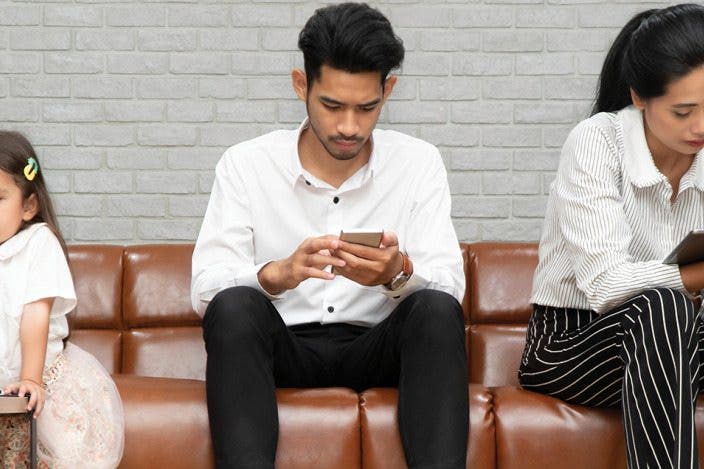
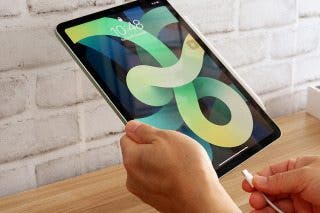
 Amy Spitzfaden Both
Amy Spitzfaden Both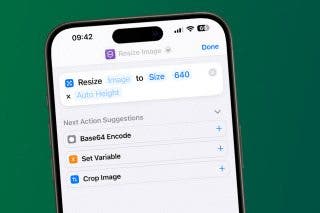
 Olena Kagui
Olena Kagui
 Leanne Hays
Leanne Hays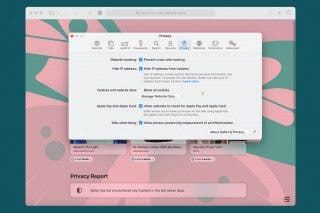
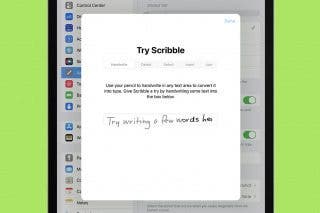
 Rachel Needell
Rachel Needell
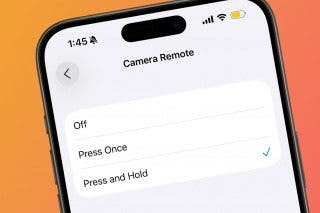
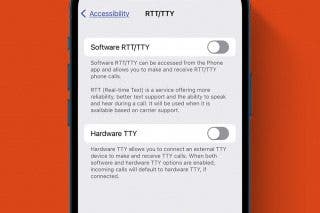
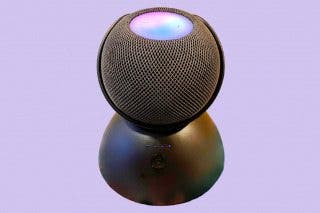

 Rhett Intriago
Rhett Intriago
 Ashleigh Page
Ashleigh Page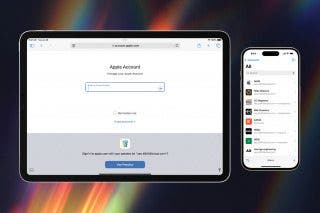
 Cullen Thomas
Cullen Thomas